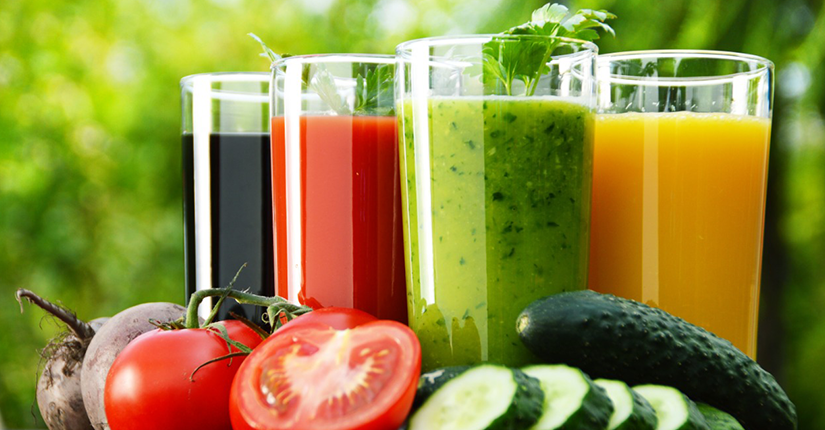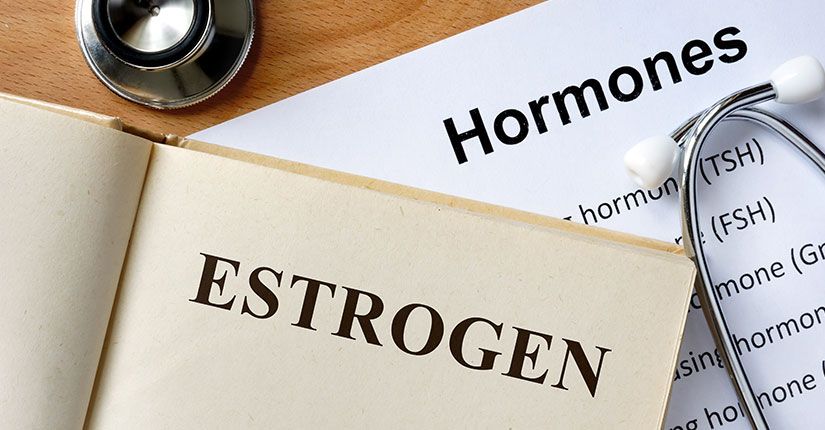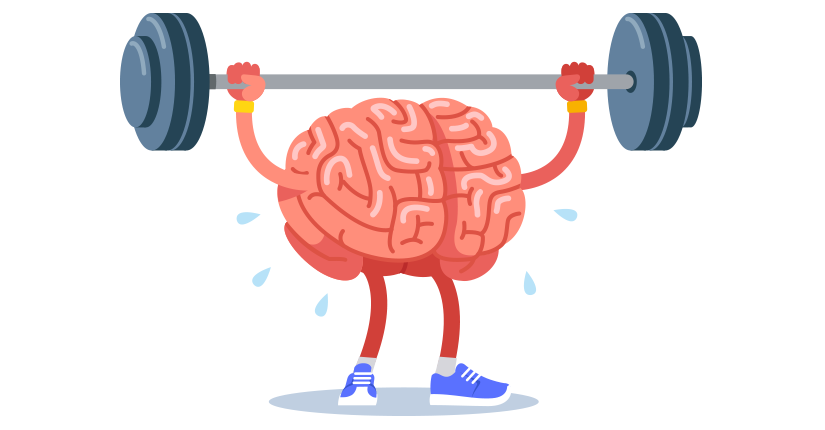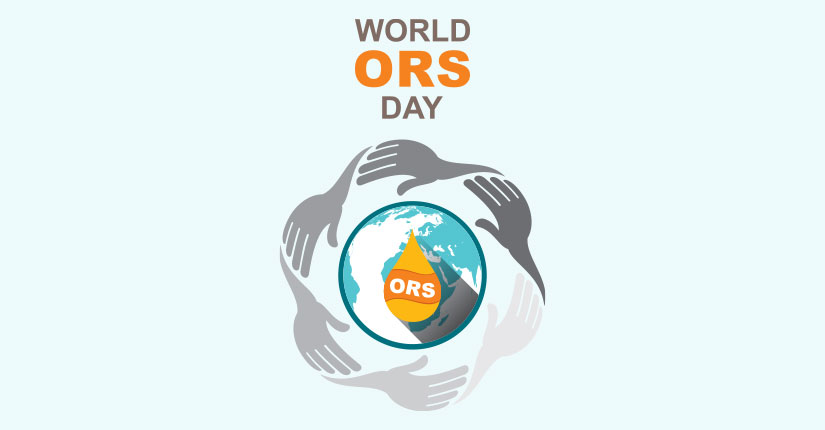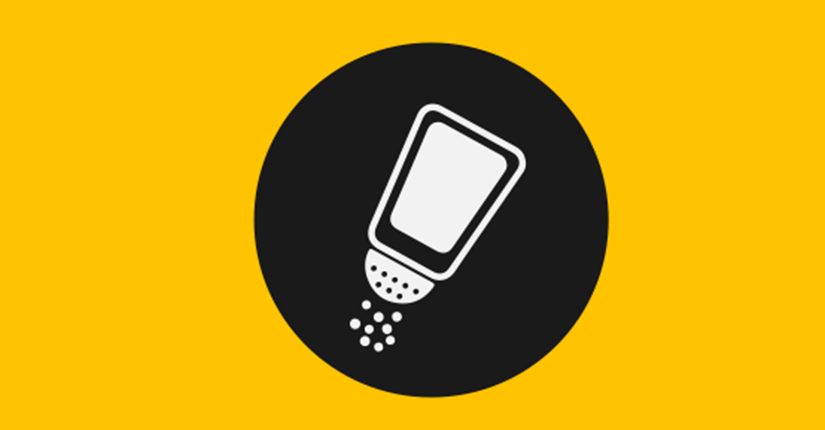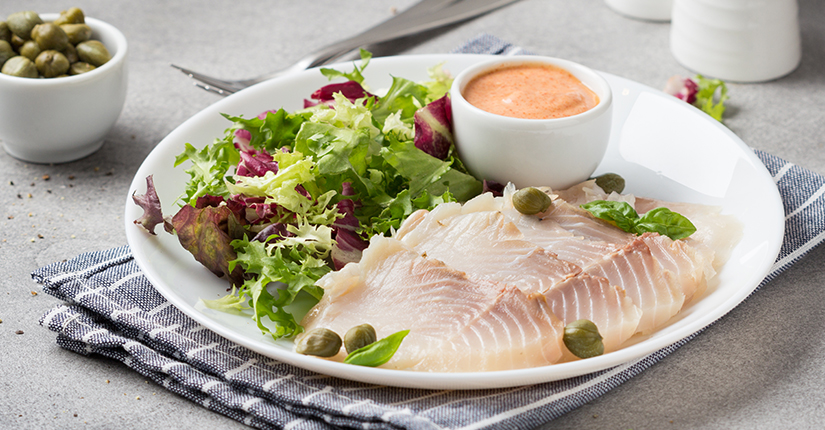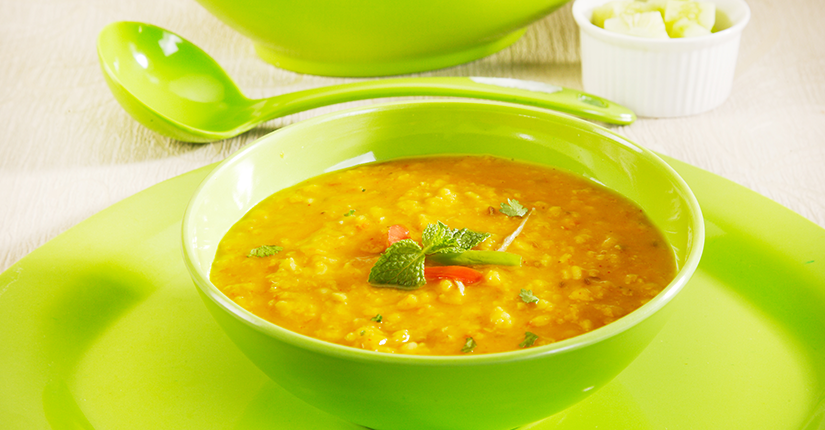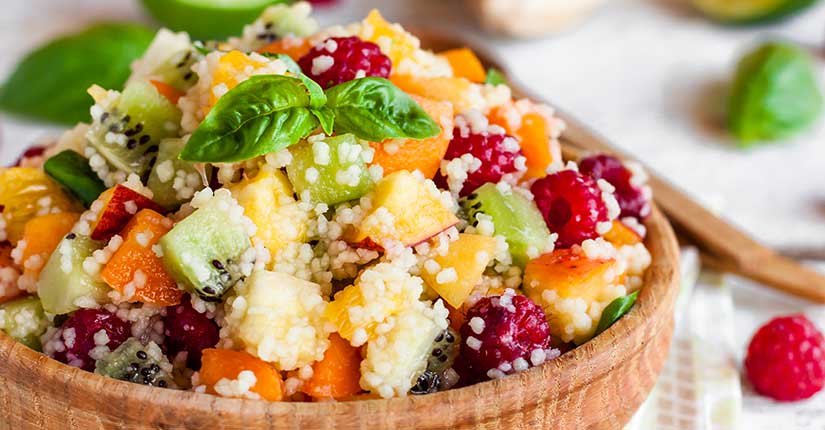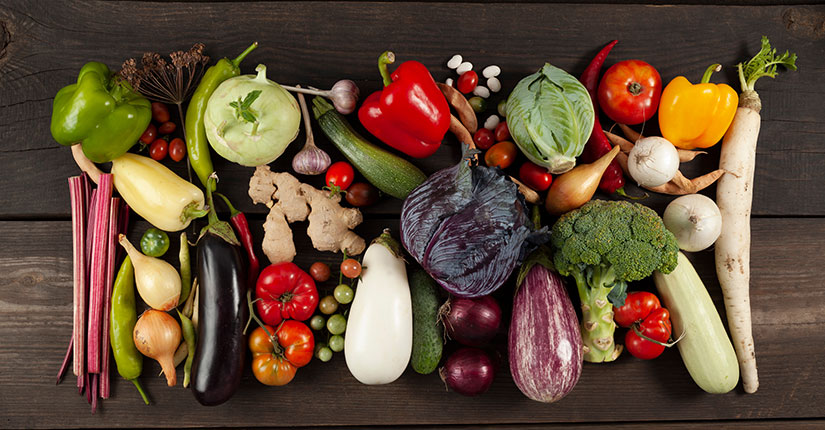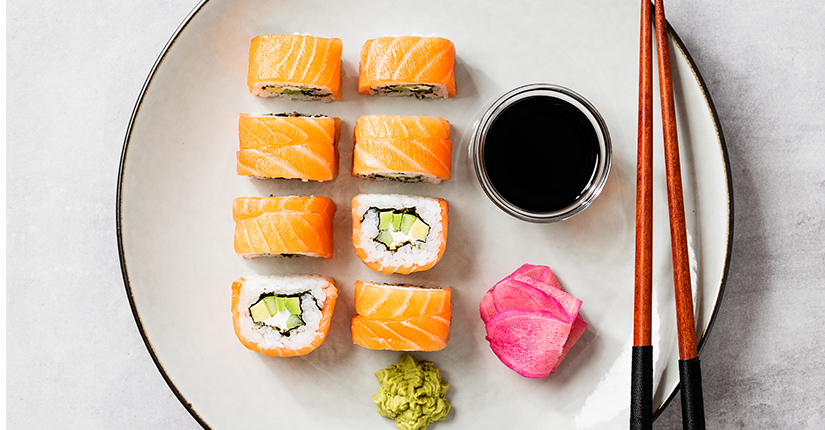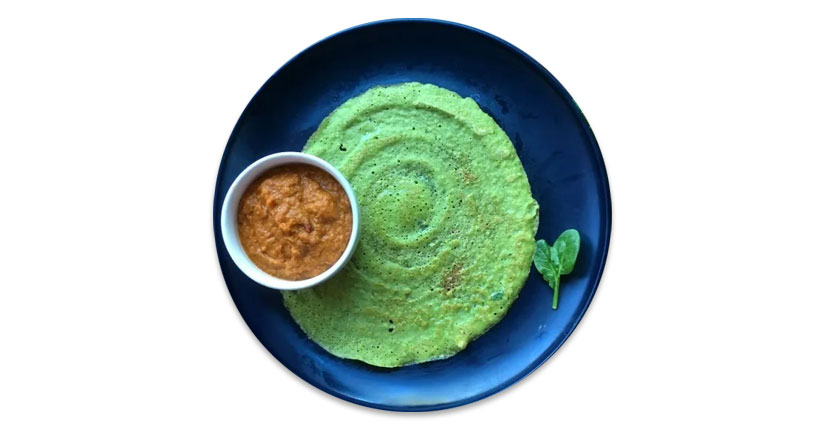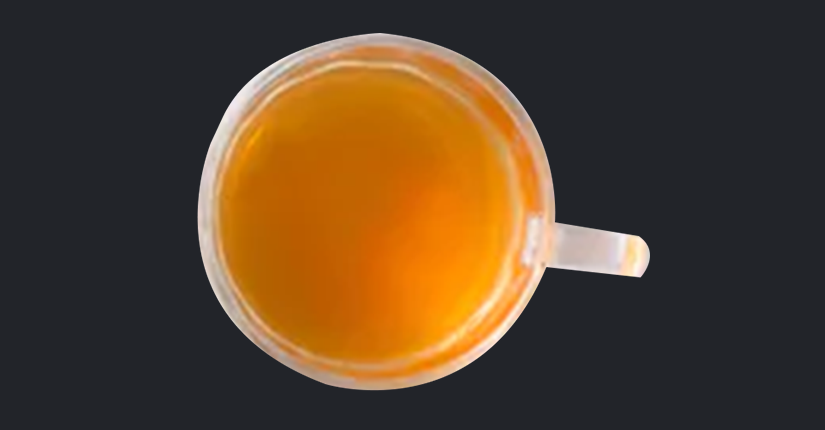5 Foods to Eat and Avoid for good Dental Hygiene
By: Admin Date: 22-Oct 2021 Reading Time: 8 Mins
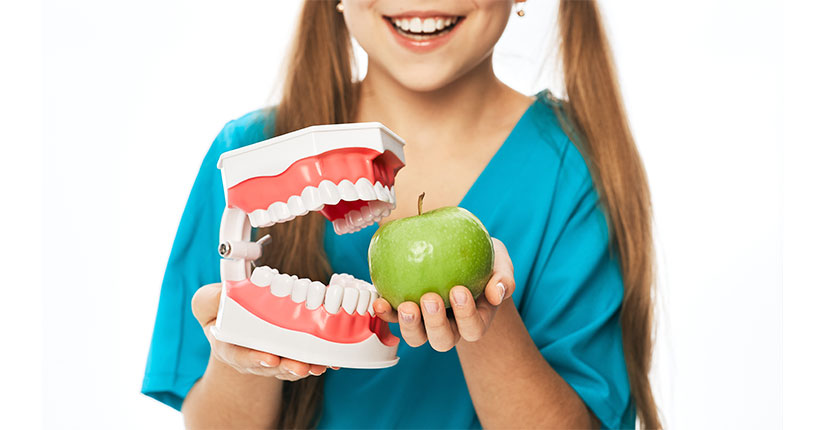
Do you know what you eat has a great impact on your oral health and how beautiful your smile looks? To build strong teeth, focus on foods that are low in carbohydrates and sugars, high in fibre content, and contain important nutrients for good oral hygiene, like calcium, phosphorus, and magnesium. Avoid sugary, processed, acidic, and high carbohydrate foods which have no significant nutritional value.
Here we have jotted down five foods that will actively promote oral health and five foods to avoid that can increase your likelihood of cavities, bleeding gums, and other oral health problems.
Food to Eat:
- Fatty fishes: Fatty fishes are full of Vitamin-D which benefits by reducing the risk of tooth decay. Also, vitamin D works synergistically with vitamins A and K to deliver calcium to the teeth, strengthening enamel from the inside out. A deficiency in any of these nutrients can lead to weakened tooth enamel. Oily fish are also high in omega-3s and omega-3 fats support gum health and may even help prevent and reduces symptoms of gum diseases. Fishes like tuna, mackerel, salmon, and trout are the highest sources of both Vitamin-D and omega-3s and should be included to reduce inflammation and gum bleeding.
- Green leafy veggies: Vegetables provide vitamins and minerals and help you produce saliva to clean your mouth and keep enamel healthy. Leafy greens like kale, spinach, or collard greens are full of vitamins and minerals while also being low in calories. Leafy greens are best for teeth, as they’re also high in minerals your teeth uptake during remineralisation to strengthen their structure. Leafy greens are high in calcium, folic acid, and B vitamins, which will be beneficial for oral health.
P.S. You can easily add these leafy greens to a salad or smoothie. - Milk and milk products: Dairy products like milk, cheese, and yogurt encourage your body to produce more saliva, protecting your teeth. Cheese and yogurt are high in calcium and protein, which helps to make the teeth strong. Also, yogurt contains probiotics, or beneficial bacteria, for your digestive system and cheese contains a type of protein called casein which along with calcium, plays an important role in stabilizing and repairing tooth enamel. If you are sensitive to dairy products, you can find calcium- and protein-fortified nut milk like almond, soy, or cashew milk.
- Grapefruit and oranges: While some acidic foods can have a negative effect on teeth, grapefruit and oranges can benefit oral health when eaten in moderation. Both grapefruit and oranges have high levels of vitamin C, which will strengthen the blood vessels and connective tissues within the mouth. It can also slow the progression of gum inflammation that could otherwise lead to gum disease.
- Onions: Raw onion is good germs-fighting food and helps maintain good gum health. Yes, bad breath is the enemy. Onions are rich in antimicrobial ingredient that fights germs, and according to one study, completely wipes out germ strains that lead to gum problems and cavities.
P.S. Toss the onion strips in your salad, on your sandwich, or in soups.
Foods to Avoid:
- Sodas: Apart from their high sugar content, all sodas and even the ones with zero calories contain a great amount of acid. This level of acidity within the mouth is more than likely going to contribute to decay, gum inflammation, and a general dysbiosis of the oral microbiome.
- Bread: Before you buy bread next time, think twice! When you chew bread, your saliva breaks down the starches in the bread into sugar. Now transformed into a gummy paste-like substance, the bread sticks to the crevices between teeth. And that can cause cavities. To curb those carbs cravings, aim for less-refined varieties like whole wheat. These contain less added sugars and are not as easily broken down as refined varieties.
- Alcohol: Do you realize that when you drink, you dry out your mouth? A dry mouth lacks saliva which is needed to keep our teeth healthy. Saliva prevents food from sticking to your teeth and clears food particles. It even helps in repairing early signs of tooth decay, gum disease, and other oral infections. To help keep your mouth hydrated, drink plenty of water and avoid alcohol as much as possible.
- Dried fruits: Dried fruits like apricots, figs, or raisins are considered a healthy snack but they are sticky! They get stuck and cling to your teeth and their crevices, leaving behind lots of sugar. If you do like to eat dried fruits, it’s better to look for fresh fruits, since they are less concentrated with sugar.
- Crackers: The refined carbohydrates found in crackers convert to sugar in the mouth very quickly, providing fodder for cavity-forming bacteria. Crackers also become mushy when chewed that builds up in your molars and lodges between teeth.
Over to you:
Now you know what you have to eat for healthy dental hygiene and what all foods to avoid with the above-mentioned foods. Also, maintain good oral hygiene by proper brushing and flossing to avoid any accumulation of plaque in your mouth.
